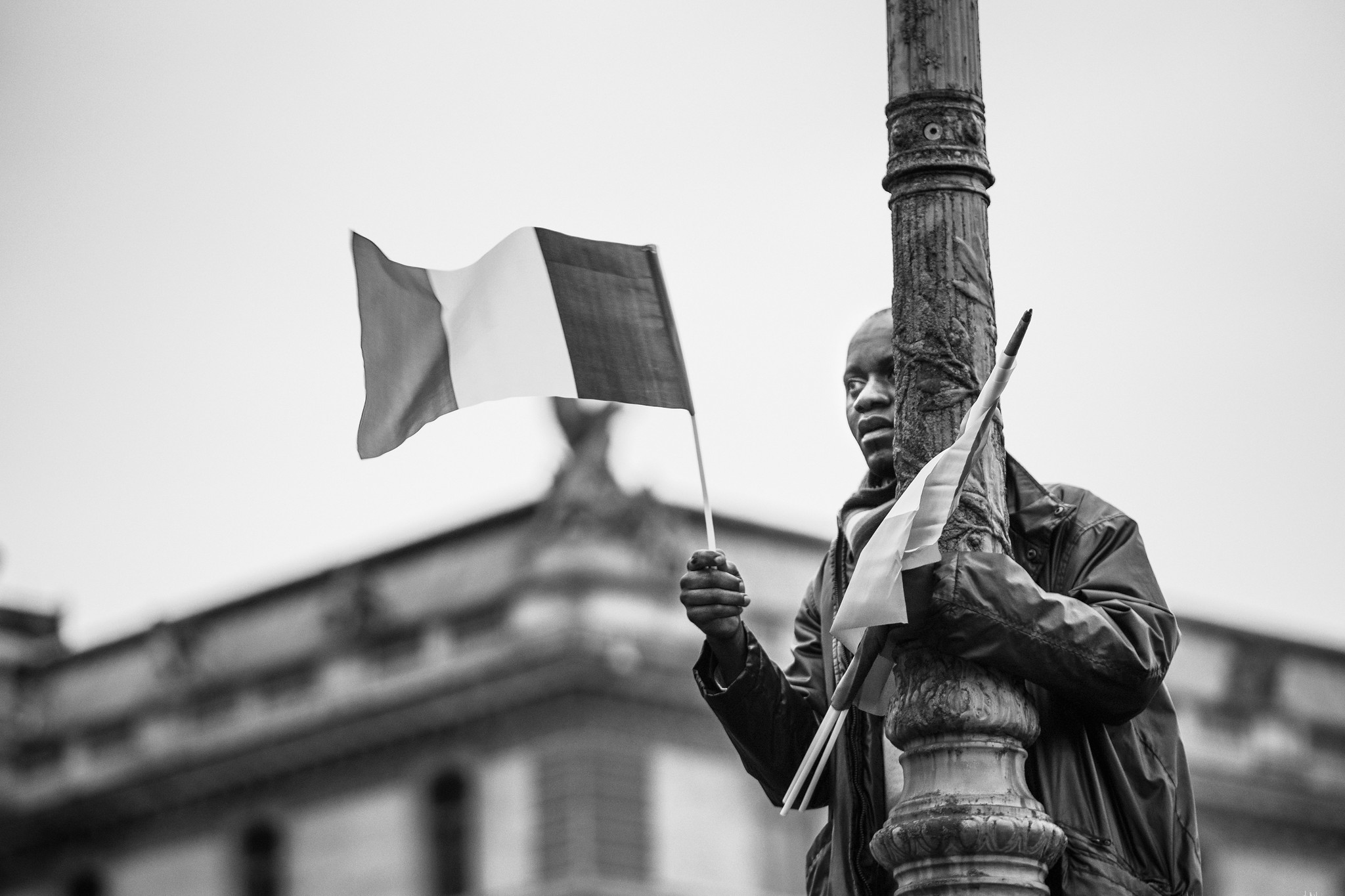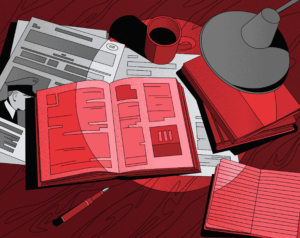The far-right National Rally Alliance (RN) has gained 33.25% by the results of the first round of extraordinary parliamentary elections in France, which was held on June 30, 2024. Second place with 28.5% was taken by the coalition of left-wing parties New Popular Front (NFP), which included La France Insoumise of left-wing politician Jean-Luc Mélenchon, the Socialist Party, Les Écologistes, the French Communist Party, Génération’s, Place Publique, and several other left-of-center parties. The liberal coalition “Together” came third with 22% of the vote and consists of the Renaissance Party of the country’s President Emmanuel Macron, centrists from François Bayrou’s Democratic Movement, and former Prime Minister Edouard Philippe’s Horizons. This data comes from the Elabe Institute, which conducts polling.
The extraordinary elections were set in June 2024, when President Macron dissolved the National Assembly following the stunning results of the European Parliament elections. At that time, the RN scored 31%, while Macron’s Renaissance party received just 14%, triggering a political crisis in the country. In France, the elections of deputies to the European Parliament are traditionally characterized by a low turnout. This year, only 51.5% of French voters came to the polls for the June 9th EU Elections. In contrast, the turnout in the first round of parliamentary elections was a historical record – almost 67.5% of those eligible voted. The activity of French voters has not reached such a level since 1981, the broadcaster BFMTV notes with reference to the Elabe.
According to the preliminary results of the first round, the National Rally can, following the second round, get from 255 to 295 seats in the lower house of the French parliament, the New Popular Front – from 120 to 140 seats, and the Macron-led coalition “Together” – from 90 to 125 seats, Elabe specifies. However, in the context of the complex system of elections in France and the high turnout amid a political crisis, nothing can be stated unequivocally at the moment. In 577 constituencies, all candidates who get more than 12.5% in the first round automatically proceed to the second round – unless no one got more than 50% in the first round, in which case that candidate immediately wins a parliamentary mandate. The number of votes must be a minimum of 25% of the total number of registered voters in the district. In many constituencies, three candidates will fight for a seat in parliament.
To prevent the far-right from taking power, President Macron issued an urgent statement on June 30 and invited the leftist New Popular Front to join forces. “In the face of the Rassemblement Nationale, the time has come to forge a broad, distinctly Democratic and Republican alliance for the second round,” the presidential statement said. After the first round, he addressed the government at the Elysee Palace, saying, “Not a single vote should go to the far right,” BFMTV reported, citing sources. Jean-Luc Mélenchon and his associates supported this call to unite against the far-right, but whether all parties will stick to their pledges remains to be seen. According to the idea, NFP and “Together” candidates should withdraw from the second round if they came third in the first round. It will help the remaining candidates opposing the RN to get more votes and win. Candidates cannot be forced to withdraw from the race but must decide for themselves. The final list of candidates for the second round must be announced by 6 p.m. Paris time on July 2.
The second round of elections is scheduled for July 7. There are a total of 577 deputies in the French parliament, they are elected for five years. For an absolute majority, a party must get at least 289 mandates. If the second round of elections secures a parliamentary majority for the far-right RN, 28-year-old formal party leader Jordan Bardella could become France’s prime minister, and its informal leader Marine Le Pen will have a better chance of winning the presidential election in 2027. Thus, the far-right will return to the European political mainstream.
In the case of the victory of the RN, Emmanuel Macron’s presidency is not immediately formally threatened. He has already stated that he does not intend to resign, whatever the result of the vote. However, if Le Pen’s party wins a majority in parliament, Macron will become a “lame duck” and will be forced to resort to the policy of “cohabitation“- when the president and the parliamentary majority belong to different parties. Such cohabitation has already occurred three times in modern French history: once under François Mitterrand and twice under Jacques Chirac. The president would have little influence over domestic policy and only limited control over foreign policy and defense issues, the Telegraph explains. The prime minister will report to parliament and introduce bills. The head of state would theoretically have the right to veto them, but parliament, in turn, could override the veto with a majority vote. This means that for the first time since the Nazi occupation of the country during World War II, the far-right in France will have real power and will be able to implement their projects.








